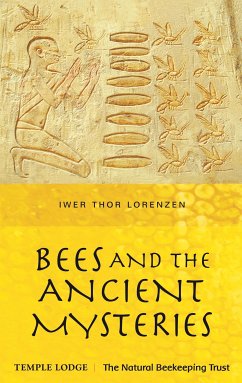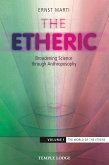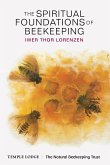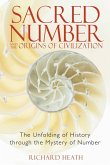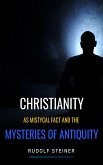Lorenzen commences his unique study with a discussion of flowers and insects, exploring their common origins. He then describes the beginnings of the honeybee, its connection with the fig wasp, and the subsequent controlled transformation of the latter that took place in pre-historic mystery-centres. Breeding the honeybee from the fig wasp - a sacred deed performed at consecrated sanctuaries - was part of the 'Fig-tree mysteries'. The initiates behind this task developed the ability to commune with the bees' group-soul and to work consciously on the mutual development of the hive and humanity.
This concise but rich work features an illuminating foreword by Heidi Herrmann of the Natural Beekeeping Trust as well as a lucid introduction by translator Paul King that explains the anthroposophical concepts employed by Lorenzen in his text.
Dieser Download kann aus rechtlichen Gründen nur mit Rechnungsadresse in A, B, BG, CY, CZ, D, DK, EW, E, FIN, F, GR, H, IRL, I, LT, L, LR, M, NL, PL, P, R, S, SLO, SK ausgeliefert werden.

